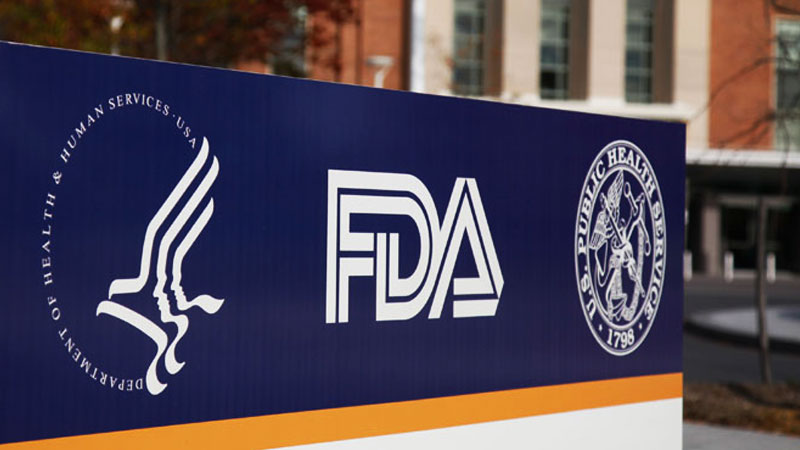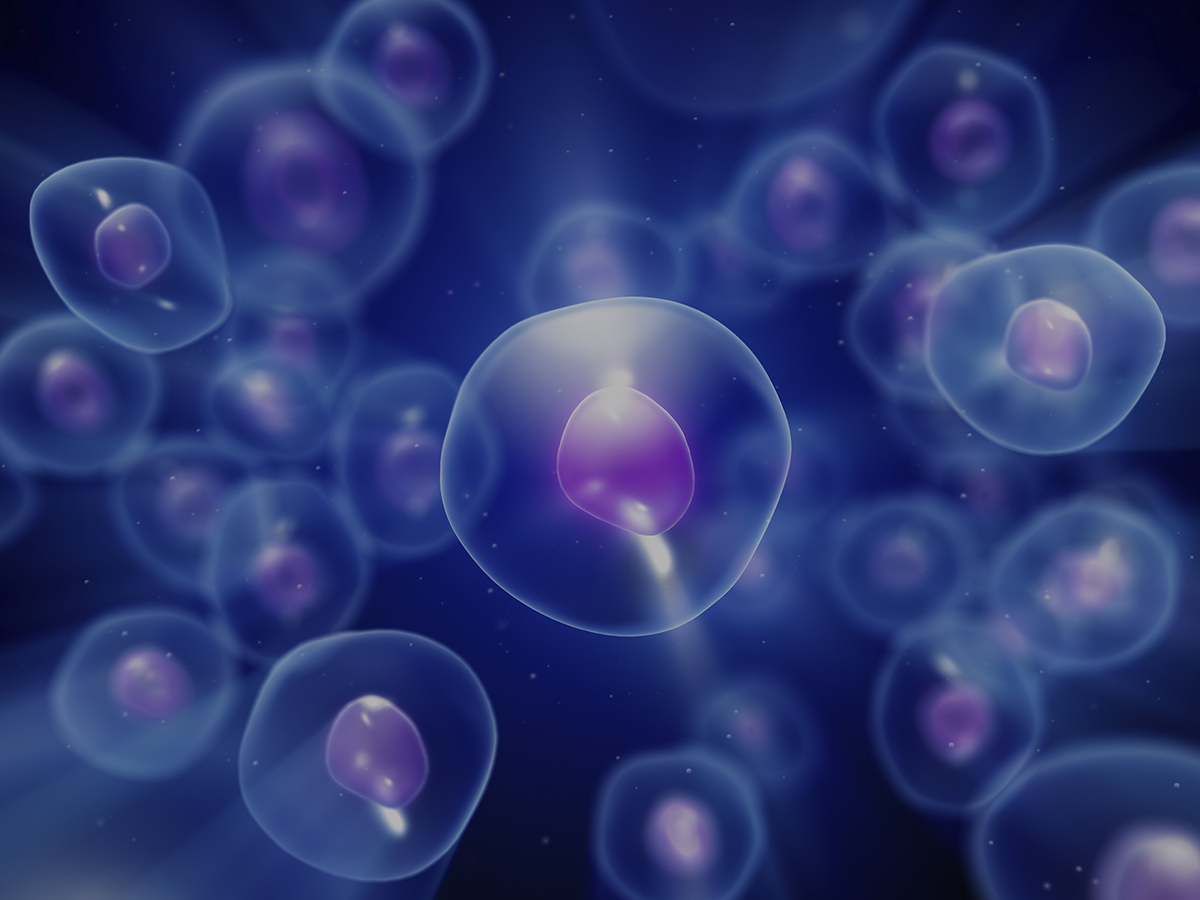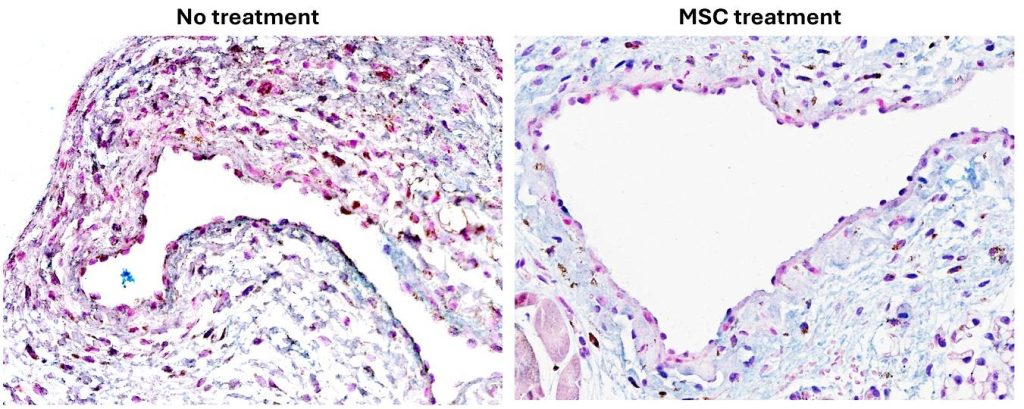Michael Druckman, Meredith Manning, and Ashley Grey – Hogan Lovells
Last year, a federal court in California ruled against the U.S. Food and Drug Administration (FDA) in a matter where the government alleged that a stem cell clinic’s products should be regulated as new drugs. The decision diverges from several others that reached the opposite conclusion about similar (or even the same) products – setting up an appeal by FDA. At stake is whether particular human cells, tissues, and cellular or tissue-based products (HCT/Ps) require prior FDA approval or clearance before they may be sold commercially. We have analyzed this opinion below.
This article is the first in our 2023 series, “Trends in Cell, Tissue, and Gene Therapies,” which aims to help you stay informed about the broad array of legal and regulatory issues affecting companies operating in the regenerative medicine space. You can view our 2022 CTGT Trends articles online here.
DA’s regulations set forth criteria for determining when particular products are regulated merely as transplanted human cells or tissues subject only to the authority of Section 361 of the Public Health Service Act to prevent the transmission of communicable diseases. Such products, referred to as 361 HCT/Ps or 361 products, may be sold without prior FDA review. The regulation also sets forth several exceptions where an HCT/P is exempt from FDA regulation altogether, such as when a physician removes an HCT/P from an individual and implants the HCT/P into the same individual during the same surgical procedure (known as the “same surgical procedure” exception). When an HCT/P neither meets the 361 HCT/P criteria nor qualifies for an exception, the product requires either FDA licensure as a biological product under Section 351 of the Public Health Service Act (PHSA), or approval or clearance under the Federal Food, Drug, and Cosmetic Act (FDCA) as a new drug or a medical device.




